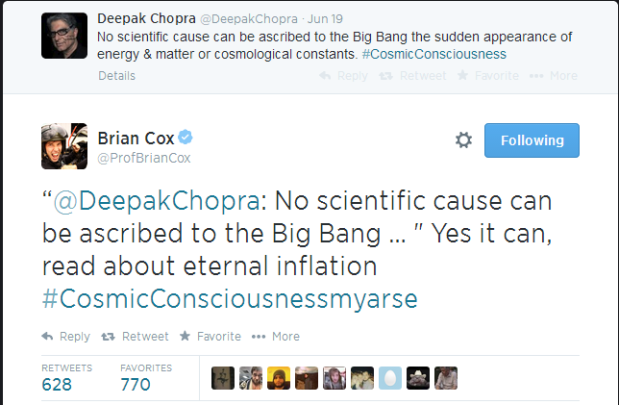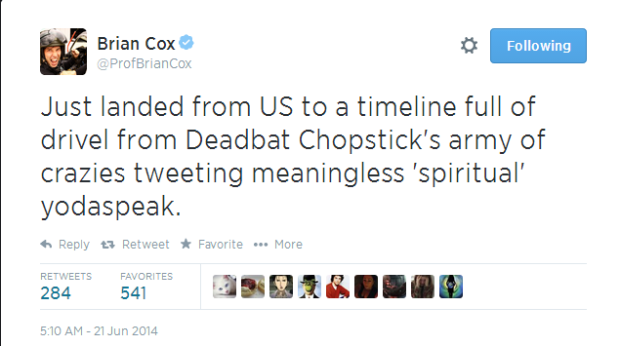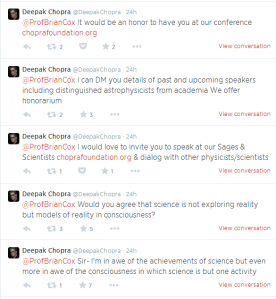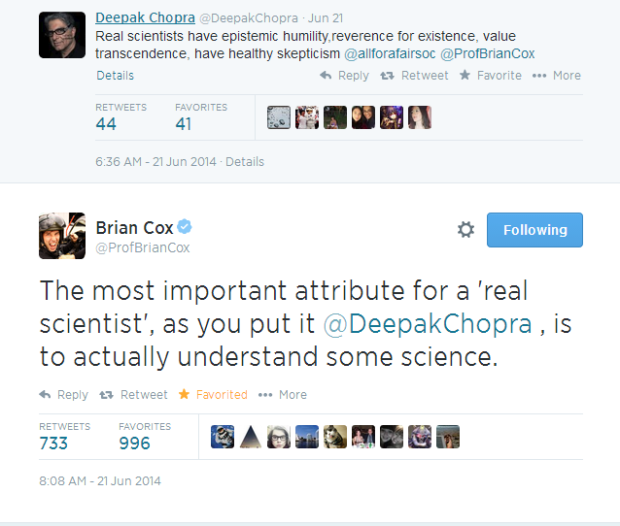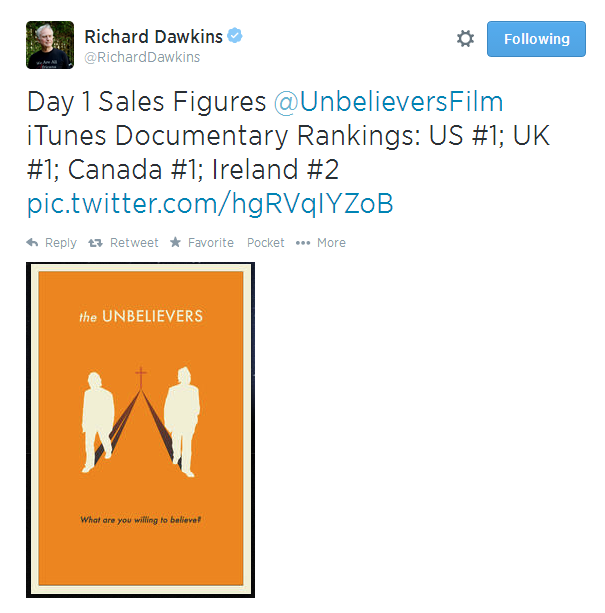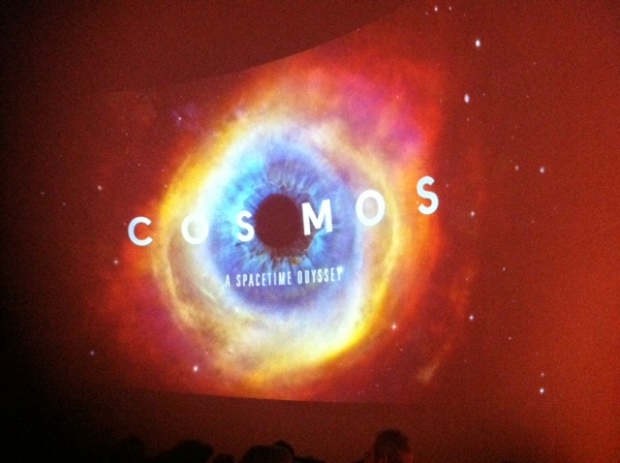Waking Up is a difficult book. You may be tempted to assume, by its conspicuously short page length and tranquil, sky-blue cover, that it will be light reading, but light reading it is not. Sam Harris, author, horseman, skeptic-extraordinaire, has set out to discuss the inherently difficult topic of the nature of consciousness, particularly in its relation to contemplative practice and – for sad lack of a better word – spirituality. For the novice (and that’s me), digesting the non-duality of consciousness and the elimination of self made for a tough, but enjoyable journey. I’ll spend the next few minutes discussing why I felt it worthwhile.
First, a little more on what I mean by difficult. It’s not that there are loads of technical descriptions or assumed knowledge by the author – it’s that the nature of what’s being discussed, subjective experience, is just hard to connect with. Consider this short excerpt: “Subjectively speaking, there is only consciousness and its contents; there is no inner self who is conscious.” It doesn’t matter how deftly or how many ways someone describes something like that to you, to grasp it at all you need to at least glimpse it yourself. Oftentimes throughout the book I felt like Harris was taking great pains to describe a stranger to me in physical detail, and then asking me to go out and find said stranger in a crowded gymnasium. Flatly, it’s hard, both for the teacher and the student. Harris is aware of the difficulty, hence the constant encouragements throughout the book to put into practice what he’s describing – to actually take time out of your day to meditate and practice mindfulness. The second complication is that one needs to have thought somewhat deeply about the nature of consciousness before, otherwise much of the book – particularly chapter 2 – will be difficult to comprehend (for a crash course on the “hard problem” of consciousness, I recommend Steven Pinker’s article in TIME). These two in combination had me on the frustrating edge of comprehension for much of the middle of the book, only to lose it all a moment later. Fittingly, this seems to mirror the experience of beginning contemplatives, who struggle mightily, for hours or even years, to take the first steps toward enlightenment.
But struggles often lead to reward, and while I was initially skeptical of the book, I had that bittersweet feeling of melancholy as I finished its final pages, not wanting it to end. If nothing else, Waking Up has piqued my interest in contemplative thought and meditative practice – concepts I’ve dabbled with but never to any serious degree. Even if one reads the book and never again sits cross-legged on a cushion to meditate, there are useful self-help tips that can be applied almost immediately. For example, the basic act of mindfulness, or being aware of the present moment, can be used to assuage negative emotions and thoughts. The next time you are feeling angry, take a second to just notice that you are feeling angry. Just pay attention to the feeling. The same can go for anxiety, loneliness, etc. You’ll find that the act of awareness will almost immediately relinquish the negative effects of the emotion – it’s quite difficult to stay angry when you are concentrating on how angry you are. (I was happy to see this technique discussed, as I’ve been doing a version of it since I was a kid, without knowing it was connected to anything called mindfulness). Along with tips like these, there are also short descriptions and exercise on how to meditate (you can find Harris’ guided meditations here), backed up by evidence supporting the health benefits, which are primarily cognitive. At its core, that’s what Waking Up is – a self-help book. Harris, who seems to have led an interesting life traveling far and wide in search of transcendent experiences, is here relaying what he’s learned – all within a rational framework – simply because these practices interest him and have helped him personally by reducing, not entirely but in small bits, suffering.
Perhaps most importantly, Harris has staked a very public claim on turf formerly thought to be the exclusive domain of the religious (or at least the wacky). By writing Waking Up, one of the most famous skeptics of our generation has swiftly divorced the meditative and contemplative practices from their traditional, often irrational foundations in Eastern religion and co-opted them into a rational framework aimed at inducing psychological well-being. It’s perhaps not surprising that, old as they are, some religious traditions have managed to make insights into human happiness and suffering, and once we slice away the supernatural baggage, there’s something left that even the fiercest skeptic can find useful. The old idiom, “even a broken clock is right twice a day” passed through my mind more than once as Harris summarized religious traditions dealing with enlightenment and transcendence. In addition to self-help, the overriding theme of the book is that one doesn’t need religion to lead a spiritual life. This, I think, is particularly important today as more and more people question the foundations of their religions but do not leave due to the perception that humanism, skepticism, atheism, etc are devoid of transcendence or spirituality. Harris’ book then, is timely, and I hope an inviting argument for those who feel they have been missing something in their lives since leaving religion, or for those who haven’t yet left.
Of course, some people have never felt a yearning for the spiritual life. And for those folks? Well, Waking Up is still worth the price of admission, if for nothing else than Harris’ 13 page take down of NDE-peddler, Eben Alexander (Dr. Heaven). While it doesn’t fit quite smoothly into the rest of the text (at times the book is clearly a mash-up of previously written material), Harris offers, next to Esquire’s piece, perhaps the most comprehensive criticism of Alexander’s ludicrous claims to have proven that we survive our deaths. If the premise of Waking Up seems too gushy for you, and you miss the good old excoriations of patent nonsense, then fear not: Sam Harris is still your guy.
And with that, I (whatever “I” even means anymore!) end, and encourage you to read other reviews, or check out the first chapter, available for free online. Now, off to meditate. Namaste.


